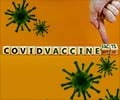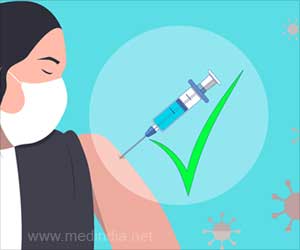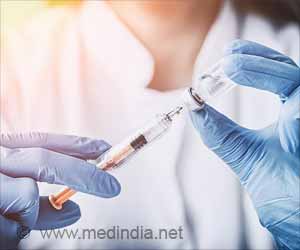A new study shows that many cancer patients who did not respond initially to the COVID-19 vaccine will have a response to booster vaccination.

‘Most cancer patients had immune responses after a booster dose, and no patient with antibody responses died from COVID-19.’





For the study, researchers retrospectively analyzed antibody responses to initial and booster COVID-19 vaccination in 378 patients with blood cancer.Anti-SARS-CoV-2 antibodies were detected in the blood of 181 patients (48%) after initial vaccination with one of three U.S. Food and Drug Administration (FDA)-authorized or approved COVID-19 vaccines, and patients with active cancer or those recently treated with an immune cell–depleting therapy were least likely to produce these antibodies.
COVID-19 Vaccine Efficacy and Blood Cancer
Among patients who did not mount an antibody response following initial vaccination, responses were observed after a booster dose in 48 of 85 (56%) patients who were assessed.By the end of February 2022, 33 patients (8.8%) developed a COVID-19 infection, with three COVID-19-related deaths (0.8%).
Although there was no significant link between post-vaccination antibody response and incidence of COVID-19 infection, no patient with antibody responses died from COVID-19.
Also, no patient who received Tixagevimab plus Cilgavimab was diagnosed with a COVID-19 infection. Tixagevimab and Cilgavimab are antibody therapies that bind to non-overlapping portions of the SARS-CoV-2 spike protein, preventing the virus from binding to and infecting cells.
Advertisement
This study also suggests to us the importance of checking antibody levels in these patients and arranging prophylactic antibody therapy. It also encourages providing booster vaccines for patients and prioritizing prophylactic antibody therapy when indicated.
Advertisement
Source-Medindia















